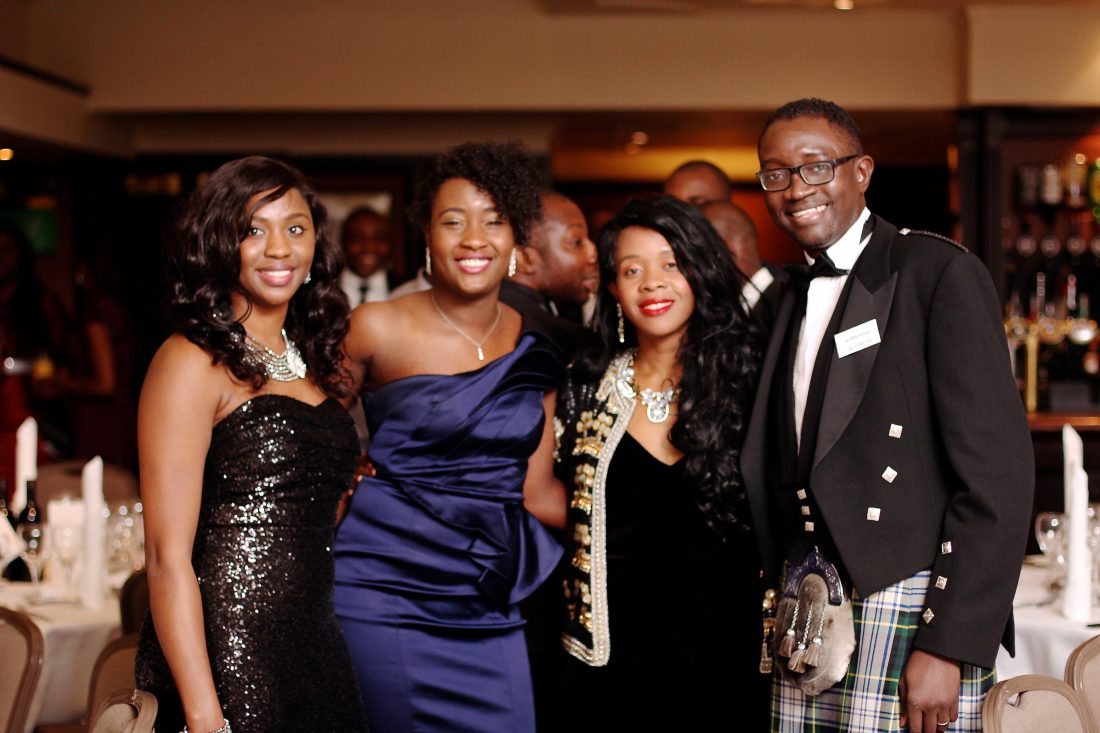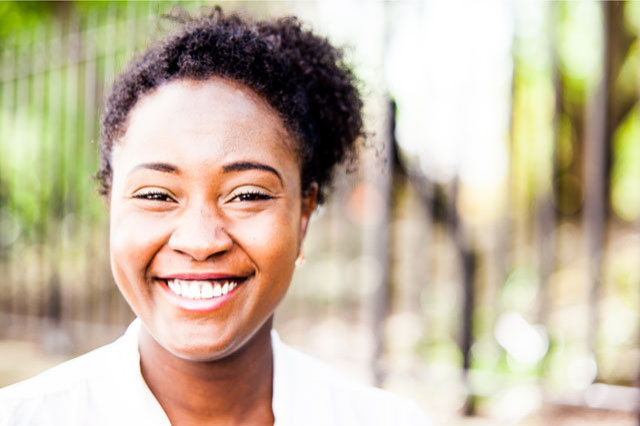We all know how powerful it can be for the younger generation to see role models that actually look like them and so imagine how inspired a young black girl interested in technology or engineering might be to see 39-year-old Nike Folayan, a Chartered Electronics Engineer, sitting as the current chair of The Association for Black and Minority Ethnic Engineers (AFBE-UK)?
While the UK has a long history of engineering achievement, sadly the proportion of those in the industry from BME communities is underrepresented across the sector. The AFBE-UK is a not-for-profit organisation and one of their main aims is to challenge and inspire people of BME origin to go into the field of engineering.
We recently caught up with Nike Folayan, Chair of AFBE-UK to find out more about the organisation, why she got into the engineering industry and what more could be done to encourage more women and BME individuals to join her.
Who is Nike Folayan?
I am a Black British/Nigerian engineer. I am a Chartered Electronics Engineer with an undergraduate degree and doctorate in electronics engineering from the University of Sheffield.
What inspired you to start a career in electronical engineering?
I was inspired to become an engineer by my love and fascination of televisions! I became an engineer because I was curious about how things work. I recall as a child trying to understand how images got to our TV screen from a TV aerial and how radios work. My Dad is an engineer and so it seemed an obvious choice to consider a career in engineering.
What struggles have you had to overcome as a woman of colour?
From my perspective, I would not call them struggles to overcome as I think any challenges that I have faced have been character building. Choosing engineering for me was a decision I had to make for myself as my mum thought I was more suited for architecture. As a woman of colour I have had to work hard like everyone else and excel to achieve my goals and set myself clear targets.
 What does being chair of AFBE-UK mean to you?
What does being chair of AFBE-UK mean to you?
I am co-founder of AFBE-UK so being the chair of the organisation comes with huge responsibilities. Our organisation is about community action and leading such an initiative and seeing change happen in my industry is truly encouraging. I work with a fantastic team of volunteers (all engineers) who bring the vision of AFBE to life.
What do you think is the best way to inspire young women, particularly those from BME communities, to get involved in STEM?
I think we need more role models and supportive women. It’s so easy to forget where you started from when you have progressed within the profession. It is always important to support and mentor other young women to achieve their goals. In other words, the best way to inspire more BME women in STEM is by being a visible role model and being there to support others who might be facing challenges you can help them/support them through.
Do you have a programme to encourage young women interested specifically in STEM?
Although AFBE caters to young women we have not set up an academy for women in STEM but work very closely with organisation like WES and WISE to encourage more women engineers. We do have programmes to cater for the lifecycle of a young person wanting to work within STEM.
Who are your role models?
Role models for me are the women I work with in my sector who excel and make progress, particularly the ones that have come before me and must have had a harder time working in the sector. Interestingly many of my mentors and role models are not necessarily engineers themselves! I look up to people like Chi Onwurah MP an electronics engineer turned politician, Sandra Kerr, BITC Race Equality Director amongst other women. Then there is a long list of excellent, mathematicians, scientists and engineers, all women who I read about and learn from.

How important is having a mentor to being a success?
Mentors are critical to success I have a wide range of mentors within my field as well as outside, both male and female. Mentors are not just important for when you are not making progress but even more important when you are. They can give you advise support and help and help with making the right decisions.
What do you hope to achieve from the upcoming annual gala in November?
The Gala is really about celebrating what difference community action can make. AFBE has reached 6,000 BME people in 10 years and many more. We have individuals who have come through our programme. We want to celebrate their achievements and what we have been able to achieve through the willingness to make a difference.












